Prioritization is key when thinking about your time management skills. It is important to determine what you need to do first to make the most of your precious time. You make your time efficient by effectively prioritizing and delegating your tasks, which is the goal. Business owners should always try to accomplish the goal in the least amount of time possible. Business processes and systems are continuously improving; the same goes for our time management processes. We aim to work smarter, not harder.
Let us discuss a few tips for effective prioritization to help increase your efficiency and productivity.
Make a List
As someone who is very guilty of making checklists and to-do lists daily, I can confirm that listing out your tasks is the best way to keep your tasks organized and help you determine what is essential. If you get into the habit of writing out your daily task list, you can easily categorize and prioritize them.
You can further increase your efficiency by identifying your peak time, planning for the next day, and compiling your task list the day before. When you know exactly what to accomplish right when you start working, you can hit the ground running and knock out all of your tasks quickly.
Think About What’s Most Important
Prioritization is the action or process of deciding the relative importance or urgency of a thing or things. So, when prioritizing your task list, focus on the day’s most important tasks! Categorize your list and determine what is vital to accomplish now.
There are several ways to categorize and prioritize your list, and this step is strictly preference. Here are a few ways to categorize and prioritize your list:
- Urgency vs. Importance
- Important + Urgent
- Things that are due today or tomorrow
- Emergencies or crises
- Important + Not Urgent
- Things that need to get done, but not today
- Long-term projects
- Not Important + Urgent
- Things that may not consist of your core business work
- Interruptions, distractions, questions, social invitations, etc.
- Not Important + Not Urgent
- Things that are a waste of your time
- Busy work, procrastination activities, etc.
- Important + Urgent
- The ABC Method
- A Status Items
- Must Do: High-priority items
- B Status Items
- Should Do: Medium priority items
- C Status Items
- Nice to Do: Low-priority items
- A Status Items
- Other
- How much energy and focus do I have?
- What can you realistically take on right now?
- When do you do your best work?
- How can you use this to your advantage?
- What has the highest payoff for me if I do it?
- How much energy and focus do I have?
Just Do It
Most people usually procrastinate when it comes to difficult or complex tasks. These difficult tasks are not necessarily unimportant but require more effort and work. So, of course, we do not want to do them! Just do it! Just do the terrible, no good, ugly task during your peak time. Get it out of the way.
What do I mean by peak time? Peak time is when you are most productive and have the most energy. For most people, that is right when you start working. You are fresh, and you probably just had coffee or a workout–whatever floats your boat.
Pivot!
Friends reference, anyone? If you do not know what I am talking about, please feel free to watch the episode of Friends where they attempt to move a giant couch up an NYC apartment building staircase.
Sometimes things do not go according to plan, and that is ok. Part of being a successful business owner and manager is learning to pivot and make the most of your work. If short-term priorities change, review and revise your task priorities. By clutching onto your task list for dear life, you inhibit your success because you cannot make adjustments when necessary. If your top goal for the day is to write a sales pitch for a specific company, but you find out that the company just filed for bankruptcy, it is probably safe to put that task on hold and focus on the next most important thing.
Prioritization is a critical time management skill. The inability to prioritize your tasks and time wisely can for a lot of important details to fall through the cracks. I find that prioritization and delegation go hand-in-hand because there are plenty of things that someone else can do. After you write out your list, you can easily determine what you need to accomplish and what someone else can do. Check out our blog post on effective delegating to learn more about how delegating can help you work smarter, not harder.




